The UPSCALE (Unfolding the processes between user needs and health and welfare technology in socio-technical transition of health and care services) project tackles the organizing of future health and care services with the help of health and welfare technology (HWT). UPSCALE grabs onto the systemic nature of health and care services, by applying the socio-technical transitions approach to examining the organization of health and care services with the help of HWT. The three-year project started on 1 May 2024.
UPSCALE pays special attention to users’ diversity and interaction with various institutional and service structures. The research comprises both conceptual foundations and empirical investigation, aiming at knowledge sharing and co-creation. Both qualitative and quantitative methods are utilized, including interviews, a broad international survey, participatory knowledge co-creation activities with users and stakeholders at the society level, and case studies in Finland, The Netherlands, Sweden and Norway. As a result, UPSCALE produces HWT transition pathways for health and care systems and co-creates research-based policy recommendations on HWT use.)
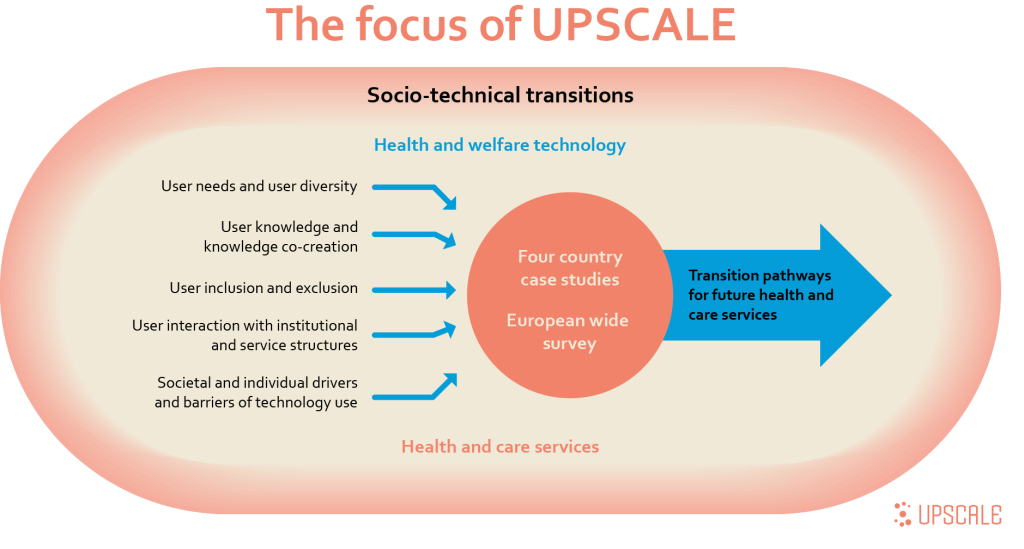
1.5.2024-30.4.2027
Project funding:
Research Council of Finland, Dutch Research Council, Swedish Research Council for Health, Working Life and Welfare, and The Research Council of Norway under the framework the co-fund partnership of THCS Transforming Health and Care Systems (Grant Agreement No. 101095654 of the EU Horizon Europe Research and Innovation Programme).
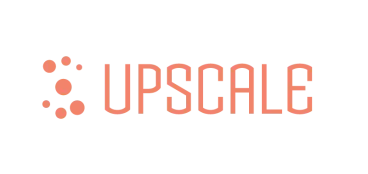
Goals
UPSCALE investigates the needs of various health and welfare technology users, such as older adults, their interaction with the health and care service structure, and how health and welfare technology -related services could be developed or built on the user-centred understanding. A central aim is knowledge building and cocreation in transitions – information and knowledge building and sharing within, between and beyond HWT users. UPSCALE pays special attention to users’ diversity. The project constructs knowledge with health and welfare technology users and, based on that, produces transition pathways for policymakers and other stakeholders.
Links
Contact information
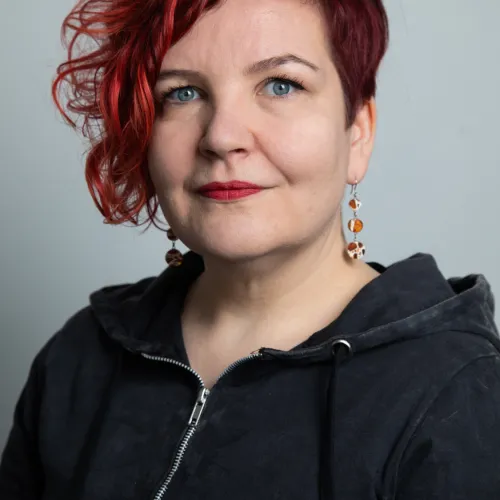
Suvi-Jonna Martikainen
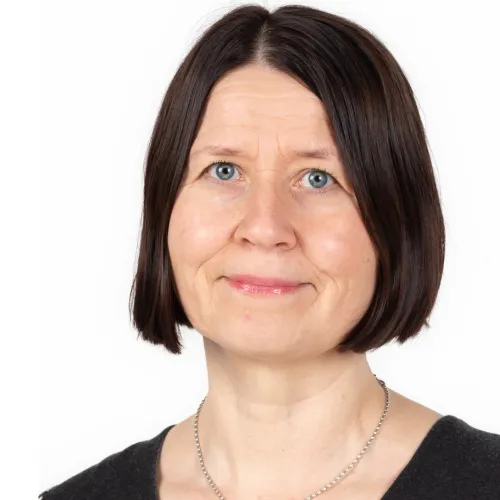
Satu Pekkarinen
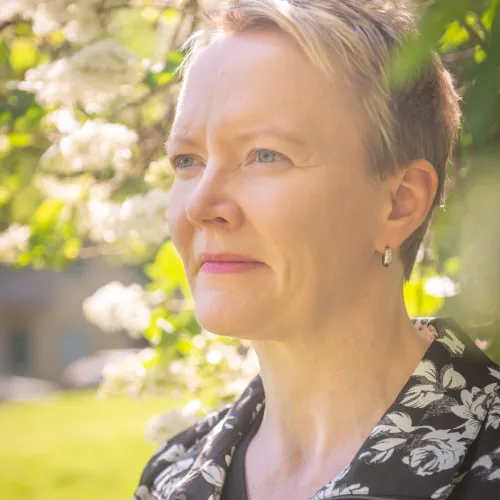
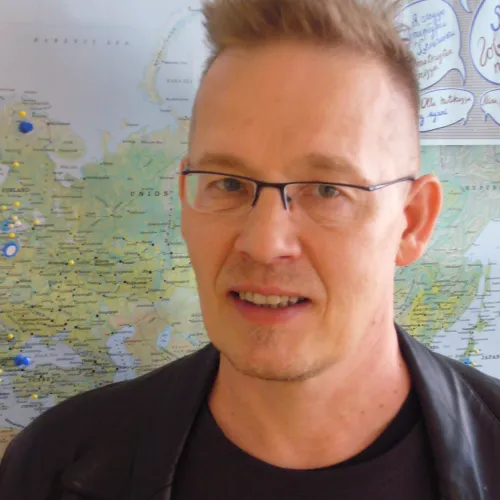

Funders
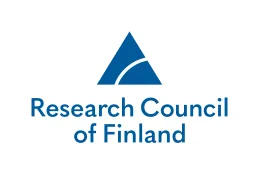

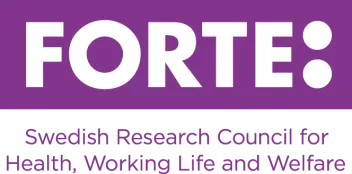

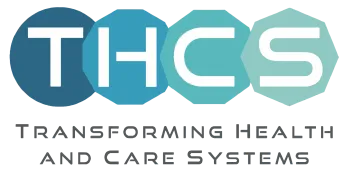

Partners




